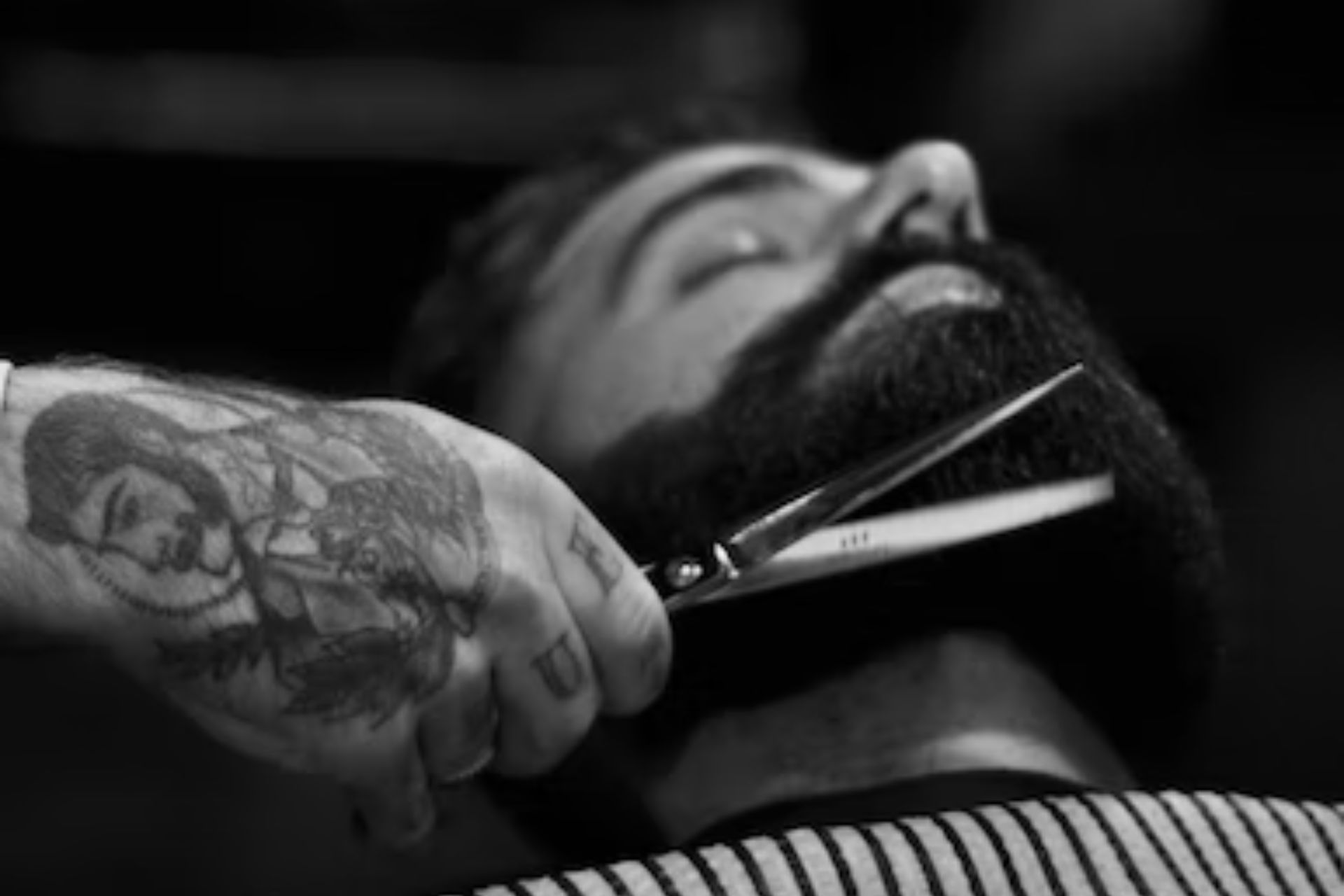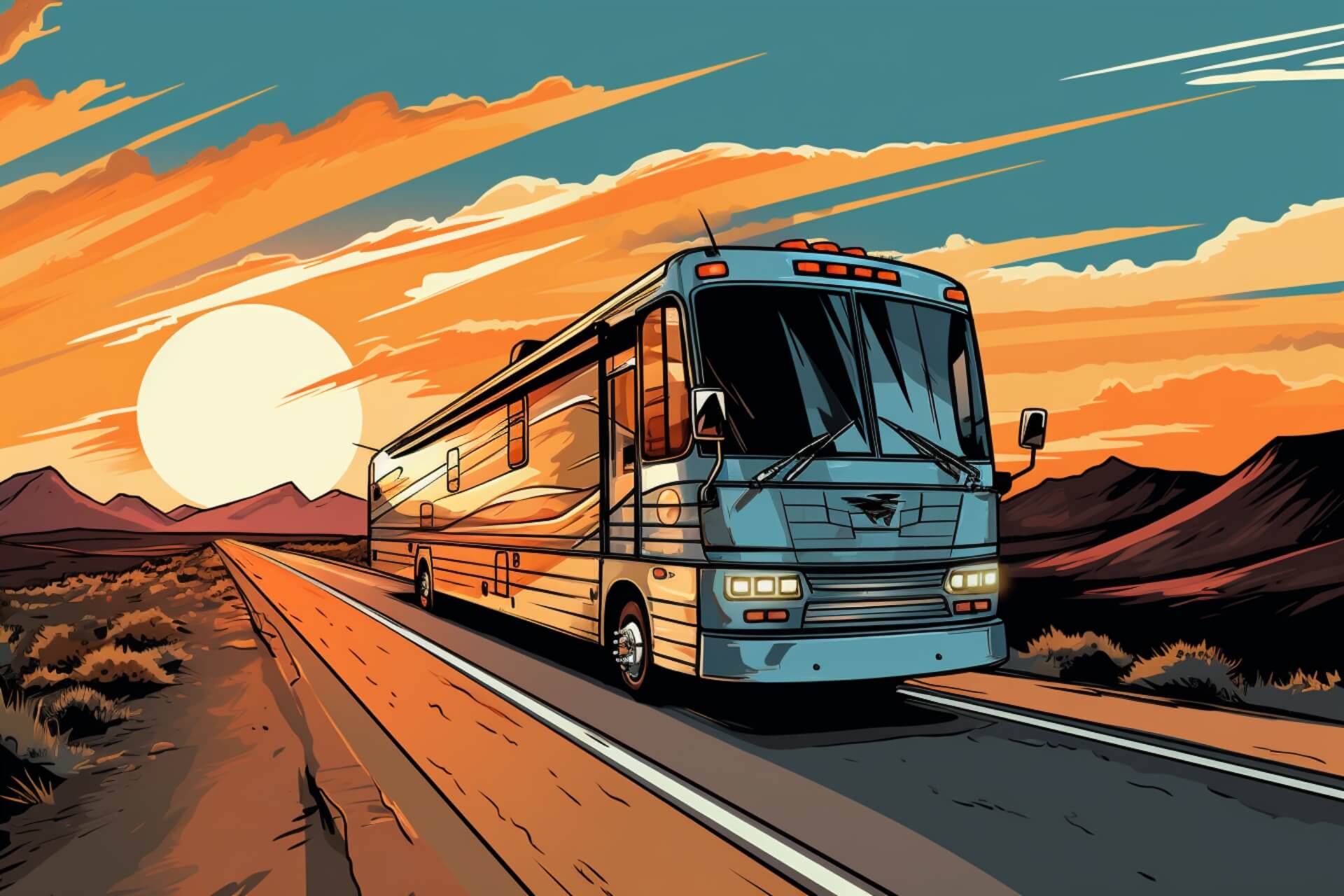Should I Trim My Beard? 4 Signs It’s Time
Mar 17, 2023

As an Amazon Associate, Modded gets commissions for purchases made through links in this post.
Many men want to grow beards, but not as many have the patience required to grow luxurious facial hair. You might experience awkward phases when trying to grow a beard, but if you stick with it, you’ll soon have hair to be envied. As you learn how to care for your beard, you might start to wonder when a cut is warranted. You should trim your beard when cutting hair is the best option, not because you’re bored. Here are a few signs it’s ready to get a trim.
1. It’s Been a Month
If you just started growing your beard, you should wait about four weeks to trim it. Your beard has to grow in during this time, and if you cut it before it’s grown for a month, you risk trimming it lopsided. Wait until your beard has full growth before you start trimming it. If it’s been over a month and you’re ready for a trim, you can give yourself the green light.
A short beard means that the patchiness is filling out, and you’ll soon have a beard that covers the entirety of your jaw. You must start taking care of it at this stage, which could mean trimming it when it feels out of control or you see split ends start to begin.
2. Your Hair Feels Unhealthy
You have to meticulously take care of your hair if you want your beard to remain healthy. As hair grows, you may notice that it becomes dry and brittle. If you’re going to keep your beard looking nice, you should trim off all the split ends and any parts that make your beard look less than luxurious.
Should you trim your beard if it just feels dry? Not necessarily. When your hair feels dry, you can use beard oil to bring some life and shine back into it. Keep your beard hair taken care of and moisturized, and you may see the same health reflected in it as you do the hair on your head.
3. It’s Impacting Your Hygiene
You should always prioritize your hygiene over your beard. When a beard gets too long or unruly, it could impede how you care for yourself. For example, your beard could get in the way of eating, and it might be hard to get the crumbs out without regularly grooming yourself. If you don’t have time to care for a longer beard, you may need to scale back and trim it.
Start washing your beard regularly if you don’t already. Using conditioner on your beard can soften some of the hairs, making them less irritating and itchy. If you maintain the cleanliness of your beard, you might find it a lot easier to manage — and you may not even need to trim it.
4. You Don’t Like How It Looks
The person whose opinion matters most is you. You need to love how you look to feel confident. If you’re asking yourself if you should trim your beard, ultimately, the answer lies inside of you. Don’t think about what everyone else prefers — as long as you can maintain it, you should be able to wear your beard as you want it. If you want to trim your beard, you should.
If you lack self-confidence, the first thing you need to do is accept yourself as you are. It’s easier said than done, but having higher self-esteem can lead to long-lasting effects, like greater success in work and school and better relationships with other people. Taking care of your beard and trimming it when necessary can help you feel more put-together and confident. Then, you’ll be able to take full advantage of every opportunity that comes your way.
Should I Trim My Beard Whenever I Feel Like It?
Truthfully, your beard is your business — so you should be able to keep it the way you like it most. However, if you plan on growing a full, luxurious beard, you still have to take care of it, which means following some rules. You should trim your beard whenever it gets unruly or if it has passed a month of continuous growth. You don’t want to risk inhibiting its growth. Instead, take care of your beard as best you can, and you’ll know when trimming it is the best — and possibly only — option.





